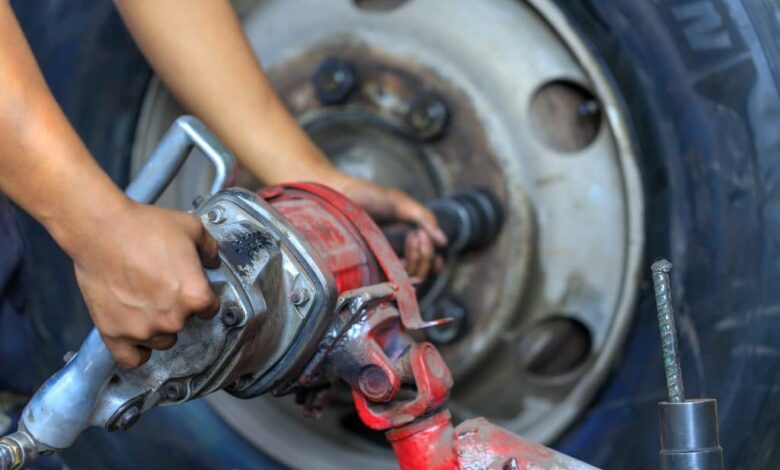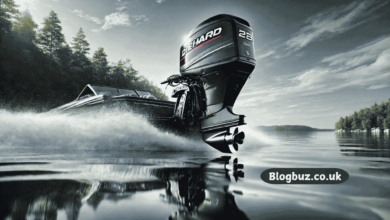The Ultimate Guide to Truck and Trailer Parts Maintenance

When one of your trucks pulls up with a clunk in the suspension or a flickering trailer light, you already know what’s coming. It might not be urgent, but it’s still time lost to the workshop – and often, another job off the books. Most of the time, faults don’t appear out of nowhere. They build up quietly until something finally gives. That’s why keeping your truck and trailer parts in check is less about reacting and more about preventing headaches in the first place. And as a senior in the industry, you don’t have to Google truck repair tips anymore – you’ll know the value of catching things early.
Why looking after your truck and trailer parts makes a difference
Your fleet takes a beating – long drives, uneven loads, hot brakes, rough roads. There’s no one-size-fits-all schedule, so maintenance needs to match how your vehicles are used.
A trailer doing metro freight needs a different check-up rhythm than one clocking regional runs. In both cases, the same truck and trailer parts usually start playing up first. Spot the wear early, and you won’t just avoid bigger repairs – you’ll also save yourself time stuck in the yard waiting for a fix.
What problems show up first?
Most of the time, it’s not an obvious failure—just a few warning signs you’ve seen before. It’s a brake pedal that doesn’t feel quite right, tyres scrubbing early, or lights acting up without any clear reason. These are usually the result of wear that’s been building quietly for weeks.
Suspension or axle wear
Uneven tyre wear, lean, or drift can signal alignment issues or fatigued suspension.
Brake component faults
Slow response, squealing under pressure, or fading brakes often point to worn linings or issues with air or EBS components.
Electrical trouble
Flickering indicators or blown fuses are usually signs of poor-quality wiring or corroded connections.
Landing legs and couplings
If they stick, rattle, or refuse to adjust evenly, it could mean fatigue or internal damage.
How do you choose parts that last
While plenty of truck and trailer parts will fit, fewer will go the distance. Hence, you’re really after reliability – parts that hold up under pressure, across thousands of kilometres, in all kinds of weather. If your supplier knows what they’re talking about, they can tell you how the part’s built, what it’s made to handle, and whether it fits how you run your gear. If they’re vague or unsure, that’s a sign to move on.
Time to sort the parts before the next delay
There’s nothing more frustrating than losing half a day to a breakdown you saw coming. Whether it’s one trailer or a full fleet, keeping an eye on your essential truck and trailer parts helps avoid that kind of disruption – and keeps everything ticking along.
If you are looking for parts that hold up without constant replacements, talk to someone who knows your routes and can recommend what works – not just what’s available.



